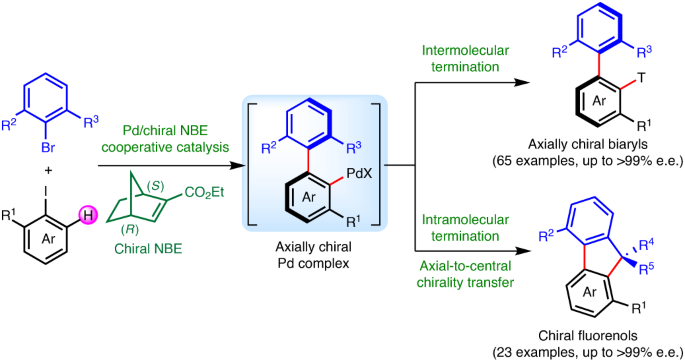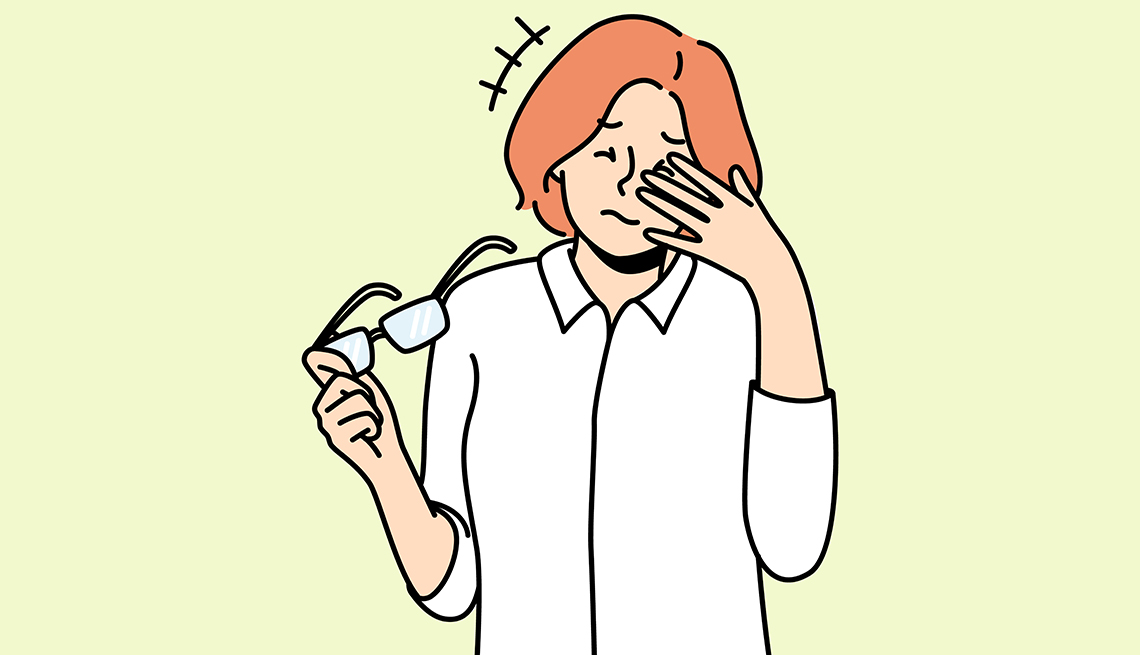
- Select a language for the TTS:
- UK English Female
- UK English Male
- US English Female
- US English Male
- Australian Female
- Australian Male
- Language selected: (auto detect) - EN
Play all audios:
Is this the turning point in Ukraine? All wars are determined by a combination of factors, material and moral, but the moment when one side in a conflict switches from a defensive posture to
go on the offensive is often decisive. That is the time when logistics matter most: if the counter-offensive runs out of supplies, its momentum may be lost, never to be regained. The latest
intelligence reports suggest that Ukrainian forces, having fought the Russian invaders to a standstill and destroyed at least 10 per cent of their troops and equipment, are now launching
successful counter-attacks on both the northern and southern fronts. They have recaptured the town of Makariv, north-east of Kyiv, and the Russian armies that have failed to surround the
capital are now themselves in danger of being enveloped and captured. Their siege positions may soon come under siege. If that is happening, how likely is it that a temporary retreat could
become a rout? Reports of desertions from the Russian ranks are credible: their morale is low, despite reinforcements. They are undisciplined, air and land forces are uncoordinated and there
seems to be no supreme commander. Putin may have decided that a popular military hero would be a potential threat. After Zhukov’s victories in the Second World War, Stalin became deeply
suspicious and envious of the Marshal’s popularity. He was removed from his position as head of the Soviet army and sidelined to Odessa. His close subordinates were arrested and tortured.
Zhukov was lucky not to suffer the same fate and might have done so if Stalin had not died in 1953. Particularly during the first two years of the war with Hitler, however, Stalin knew he
needed Zhukov and even allowed the Marshal — alone among his entourage — to contradict him. Putin does not tolerate contradiction from anyone at all. It is safe to assume that the
Russo-Ukrainian war of 2022 will produce no Georgy Zhukov. This is one reason why the Russians may yet lose this war. How, then, can the West help to bring about that outcome? The supply of
advanced equipment, particularly anti-tank missile systems, has been crucial to the resistance, but the Ukrainians say they have only a week’s supply of munitions left. Ben Wallace has
admitted that the British, whose role has hitherto been crucial, are now running out of supplies themselves. The US has promised a new consignment of arms, worth $800 million, but Joe Biden
seems terrified that Putin may unleash “World War III”. He has stopped the Poles from handing over their MiG-29s to Ukraine, refused requests for a no-fly zone and withheld the most useful
conventional missiles in the US arsenal, the Patriot high-altitude air defence system. Most of the other members of NATO, particularly Germany and France, are just not pulling their weight.
Given that both the French and Germans are among the world’s largest arms exporters, this failure to deliver significant military support is unconscionable. Tomorrow’s NATO summit in
Brussels offers an opportunity to combine the resources of the world’s largest and wealthiest alliance. The armed forces and defence industries of the 30 member states should be placed on a
war footing, both to deter the Russians and to boost supplies to Ukraine. Even if some states do not have the capabilities to send Kyiv what it requires, they can still pay those who do.
Germany is a front-line state: Berlin is just 750 miles from Kyiv by air and only 320 miles from Kaliningrad (Russia’s Baltic base). It has announced a major upgrade of its own armed forces
but so far has delivered very few arms to Ukraine. The French have not disclosed what, if any, military aid they have given. Both President Macron and Chancellor Scholz should be asked,
point blank, whether they will not only abide by their past promises but set aside dedicated funds to pay for the arms Ukraine needs now — wherever those arms are sourced. As for the UK:
given the Treasury’s apparent refusal to spend more on the military, Boris Johnson should threaten to stop counting the £4 billion now spent on intelligence (paid for by the Foreign Office
and the Home Office) as part of the UK’s contribution to NATO. That would push the UK below the 2 per cent of GDP minimum contribution to NATO and oblige the Treasury to come up with new
funds for the Ministry of Defence. The budget dedicated to arms for Ukraine should be ring-fenced. The UK is probably the largest humanitarian donor to Ukraine; it should be the largest
military one too. The other question that NATO needs to resolve is the nuclear one. Is Biden right to be worried about World War III? Our contributor Dov Zackheim, now a think tanker and
formerly a senior official at the Pentagon under both Reagan and George W. Bush, has explained here why the President should not fear Putin’s nuclear sabre-rattling and must act now — for
example, by supplying to Ukraine the Patriot systems that he is already installing in Poland. Zackheim argues that there is no evidence that Putin will respond by attacking NATO forces with
nuclear weapons. He knows, just as his Soviet predecessors knew, that such a move would be suicidal. Rather, the Russian dictator is pursuing the same strategy as in Chechnya or Syria: a war
of attrition to wear down Ukrainian forces and civilian morale. NATO’s only way of thwarting Putin’s strategy is to ensure that the Ukrainians have the arms and ammunition to keep fighting
and, if they can, drive the Russians back over their borders. Our supply routes through the Lviv region are Ukraine’s lifeline and must be protected. If Russian missiles target Polish
transport vehicles or allied aircraft, NATO should defend itself by intercepting them. Putin needs to understand that he cannot stop NATO from resupplying Ukraine and that time is not on his
side. Sooner or later he will be forced to admit that the game is up and he must come to terms. At present Russia is not negotiating in good faith. That needs to change. NATO is quite
capable of putting on a show of unity, but the truth is that not all its members have yet decided that Putin must be forced to leave Ukraine without a face-saving “off-ramp” at the expense
of Ukraine. Only when his forces are defeated in the field will he negotiate seriously. The Ukrainians alone can win the battles, but the West needs to give them at least a fighting chance.
NATO’s role is to ensure that if the turning point has indeed been reached, Zelensky’s army is able to seize the initiative and force Putin to sue for peace. It is no use accusing the
Russians of war crimes one moment and offering concessions the next. The Ukrainians can only negotiate from a position of strength. They are sacrificing the flower of their youth to repel an
invasion that threatens the security of Europe and ultimately the world. That is and always has been NATO’s raison d’être. If we in the West care about our liberties, we need to give
President Zelensky the tools he needs to finish the job. A MESSAGE FROM THEARTICLE _We are the only publication that’s committed to covering every angle. We have an important contribution to
make, one that’s needed now more than ever, and we need your help to continue publishing throughout the pandemic. So please, make a donation._







